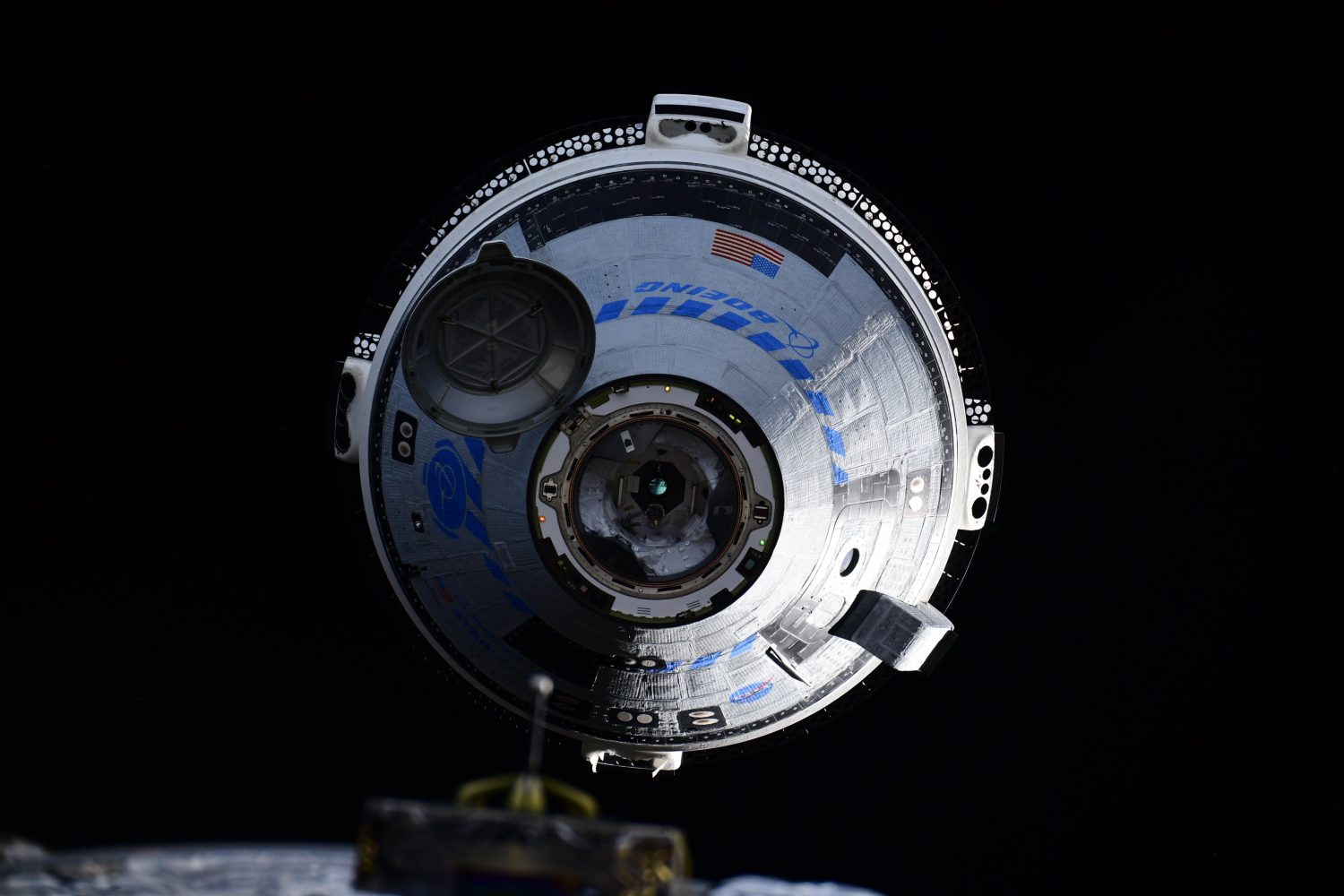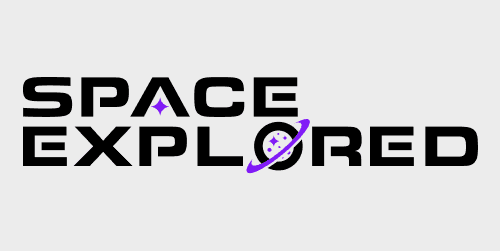
In the company’s second quarterly earnings report, Boeing has absorbed a $96 million charge in relation to its Starliner spacecraft program. This brings Boeing’s Starliner cost overrun tally to $688 million due to numerous problems.
Boeing Starliner’s cost overrun is thanks to OFT-1 and 2 delays
The nearly $700 million cost overrun that Boeing Starliner has created is due to two high-profile misses during its first two flights. What was then only known as OFT, Orbital Flight Test, failed to reach the space station due to a software glitch back in 2019. This led to a year and a half delay for OFT-2 to attempt to launch.
OFT-2’s first launch attempt didn’t get better for Boeing’s bottom line as several valves in the service module failed before reaching the launchpad. Boeing had to spend several months attempting to free the valves and determine a fix. To get OFT-2 to launch, Boeing replaced the service module set for Starliner’s future Crewed Flight Test mission hardware. Finally, OFT-2 launched on May 19, 2022, completing its mission to dock to the ISS and return safely to Earth.

The years of delays and development problems have added up to a $688 million overrun per CNBC. NASA paid Boeing almost $5 billion to develop Starliner for the agency compared to SpaceX’s roughly $3 billion. Although the spacecraft finally reached the ISS, Boeing has yet to launch an operational crew using Starliner. SpaceX has launched seven crewed missions to date, including two for private astronauts.
Boeing hopes to launch Starliner’s Crew Flight Test by the end of 2022, but that could be delayed if the company looks to redesign the valves that caused OFT-2’s pause. Mark Nappi, Boeing vice president and Commercial Crew program manager stated in a media briefing in May that “a valve redesign is definitely on the table” and “once we get all the information that we need, we’ll make that decision.”
Boeing will have to look outside of NASA to profit off Starliner
The seven flights left on Boeing’s manifest for NASA will be it for Starliner if the company doesn’t find another customer. Unlike SpaceX, Boeing won’t be getting any more flights ordered by NASA to shuttle its astronauts to and from the space station.
Boeing has stated its plan to sell spare seats on NASA crewed flights to interested parties, but nothing has been announced as to who that might be. Another possible form of revenue would be to partner with one of the upcoming commercial space stations in development.
For now, NASA is determined to support Boeing and Starliner for operational use as they believe redundancy is essential for Commercial Crew’s success. Any partnership with a future commercial space station is still a decade away.
FTC: We use income earning auto affiliate links. More.




Comments